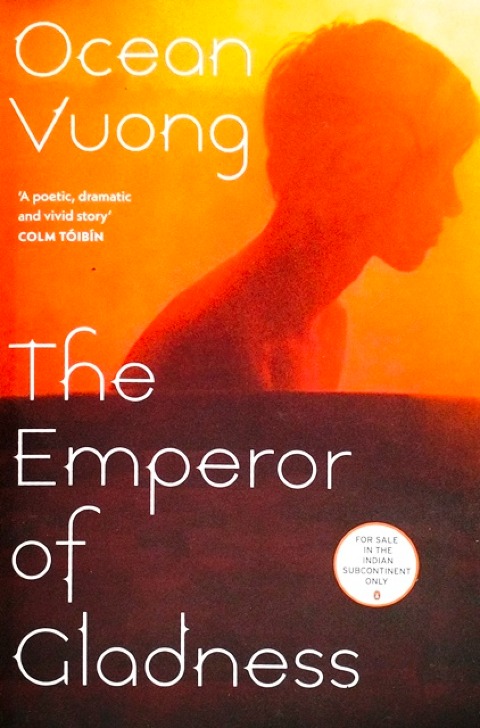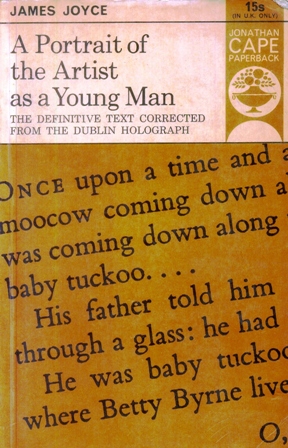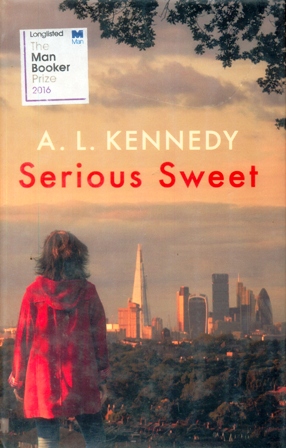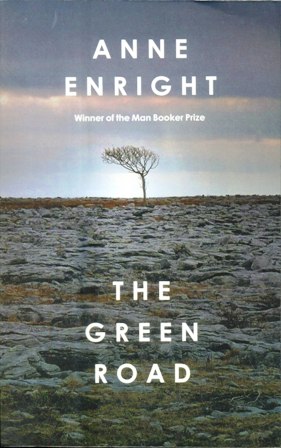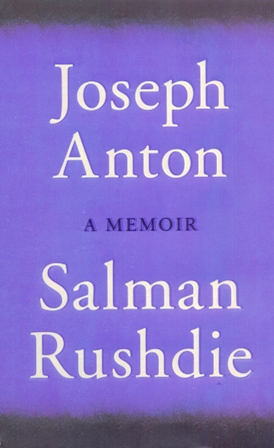-
The Emperor of Gladness
One summer evening in the town of East Gladness, Connecticut, nineteen-year-old Hai stands on a bridge, ready to jump, when he hears someone shout across the river. The voice belongs to Grazina, an elderly widow succumbing to dementia. Over the course of the year, the unlikely pair develops a life-altering bond. The Emperor of Gladness shows the profound ways in which our lives are changed by the most unexpected of people. When Hai takes a job at a diner to support himself and Grazina, his fellow workers become the family he didn’t expect to find. United by desperation and circumstance, and existing on the fringes of society, together they bear witness to each other’s survival.
-
A Portrait of the Artist as a Young Man
The journey of a mind strained with religion, family and culture to the portrait of a mind that has achieved emotional, intellectual and artistic adulthood.
-
Serious Sweet
A good man in a bad world, Jon Sigurdsson is 59 and divorced: a senior civil servant in Westminster who hates many of his colleagues and loathes his work for a government engaged in unmentionable acts. A man of conscience. Meg Williams is ‘a bankrupt accountant — two words you don’t want in the same sentence, or anywhere near your CV’. She’s 45 and shakily sober, living on Telegraph Hill, where she can see London unfurl below her. Somewhere out there is safety. Somewhere out there is Jon, pinballing around the city with a mobile phone and a letter-writing habit he can’t break. He’s a man on the brink, leaking government secrets and affection as he runs for his life. Set in 2014, this is a novel of our times. Poignant, deeply funny, and beautifully written, Serious Sweet is about two decent, damaged people trying to make moral choices in an immoral world: ready to sacrifice what’s left of themselves for honesty, and for a chance at tenderness. As Jon and Meg navigate the sweet and serious heart of London — passing through 24 hours that will change them both for ever — they tell a very unusual, unbearably moving love story.
-
Joseph Anton: A Memoir
A compelling and frank account of one of the most extraordinary stories in recent literary history - Salman Rushdie and the fatwa. On 14 February 1989, Valentine's Day, Salman Rushdie was telephoned by a BBC journalist and told that he had been 'sentenced to death' by the Ayatollah Khomeini. For the first time he heard the word fatwa. His crime? To have written a novel called The Satanic Verses, which was accused of being 'against Islam, the Prophet and the Quran'. So begins the extraordinary story of how a writer was forced underground, moving from house to house, with the constant presence of an armed police protection team. He was asked to choose an alias that the police could call him by. He thought of writers he loved and combinations of their names; then it came to him: Conrad and Chekhov - Joseph Anton. How do a writer and his family live with the threat of murder for over nine years? How does he go on working? How does he fall in and out of love? How does despair shape his thoughts and actions, how and why does he stumble, how does he learn to fight back? In this remarkable memoir Rushdie tells that story for the first time; the story of one of the crucial battles, in our time, for freedom of speech. He talks about the sometimes grim, sometimes comic realities of living with armed policemen, and of the close bonds he formed with his protectors; of his struggle for support and understanding from governments, intelligence chiefs, publishers, journalists, and fellow writers; and of how he regained his freedom. It is a book of exceptional frankness and honesty, compelling, provocative, moving, and of vital importance. Because what happened to Salman Rushdie was the first act of a drama that is still unfolding somewhere in the world every day.

